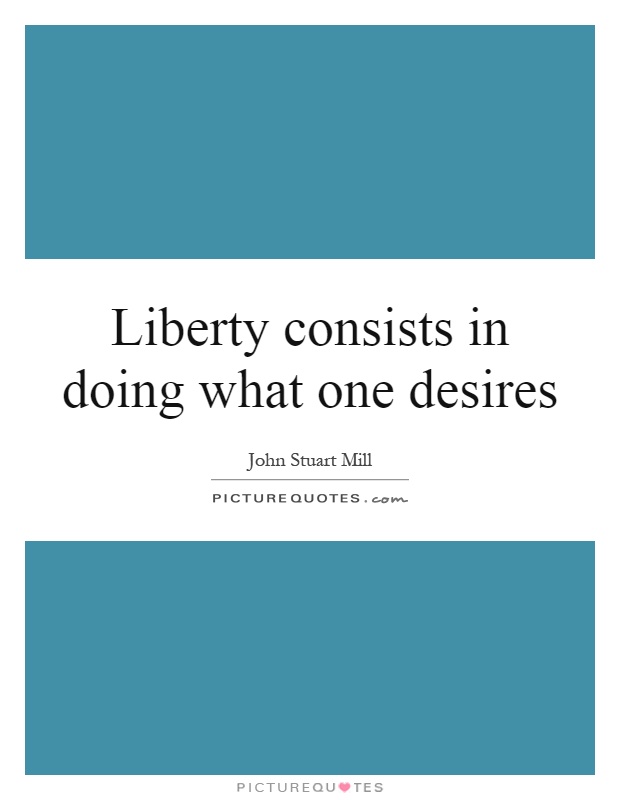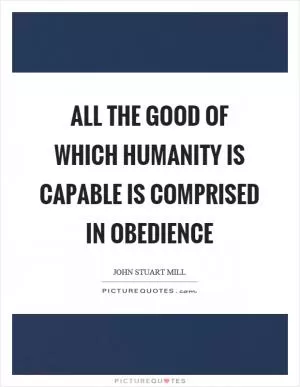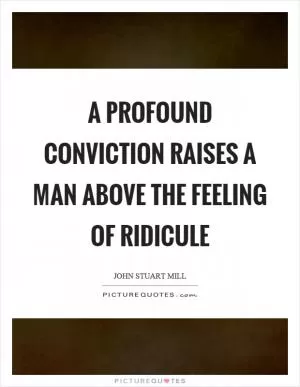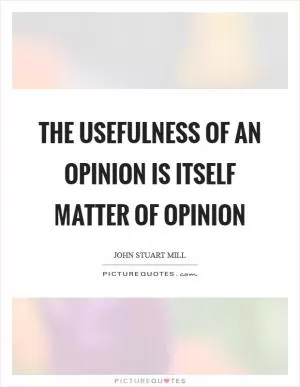Liberty consists in doing what one desires

Liberty consists in doing what one desires
John Stuart Mill, a prominent philosopher and political economist of the 19th century, is often associated with the concept of liberty and individual freedom. In his seminal work "On Liberty," Mill argues that true liberty consists in doing what one desires, as long as it does not harm others. This idea is central to his philosophy of utilitarianism, which emphasizes the importance of maximizing happiness and minimizing suffering for the greatest number of people.For Mill, the essence of liberty lies in the ability of individuals to pursue their own interests and desires without interference from others or from the government. He believed that each person is the best judge of their own happiness and well-being, and that society should not impose its own values or beliefs on individuals. In this sense, Mill's concept of liberty is closely tied to the idea of autonomy and self-determination.
However, Mill also recognized that there are limits to individual freedom. He famously stated that "the only purpose for which power can be rightfully exercised over any member of a civilized community, against his will, is to prevent harm to others." In other words, while individuals should be free to do as they please, they should not be allowed to harm or infringe upon the rights of others.
This principle of harm prevention is crucial to understanding Mill's concept of liberty. It serves as a safeguard against the potential negative consequences of unchecked individual freedom, such as violence, exploitation, or discrimination. By establishing this limit, Mill sought to strike a balance between personal liberty and social responsibility, ensuring that everyone has the opportunity to pursue their own happiness without impeding the happiness of others.












 Friendship Quotes
Friendship Quotes Love Quotes
Love Quotes Life Quotes
Life Quotes Funny Quotes
Funny Quotes Motivational Quotes
Motivational Quotes Inspirational Quotes
Inspirational Quotes